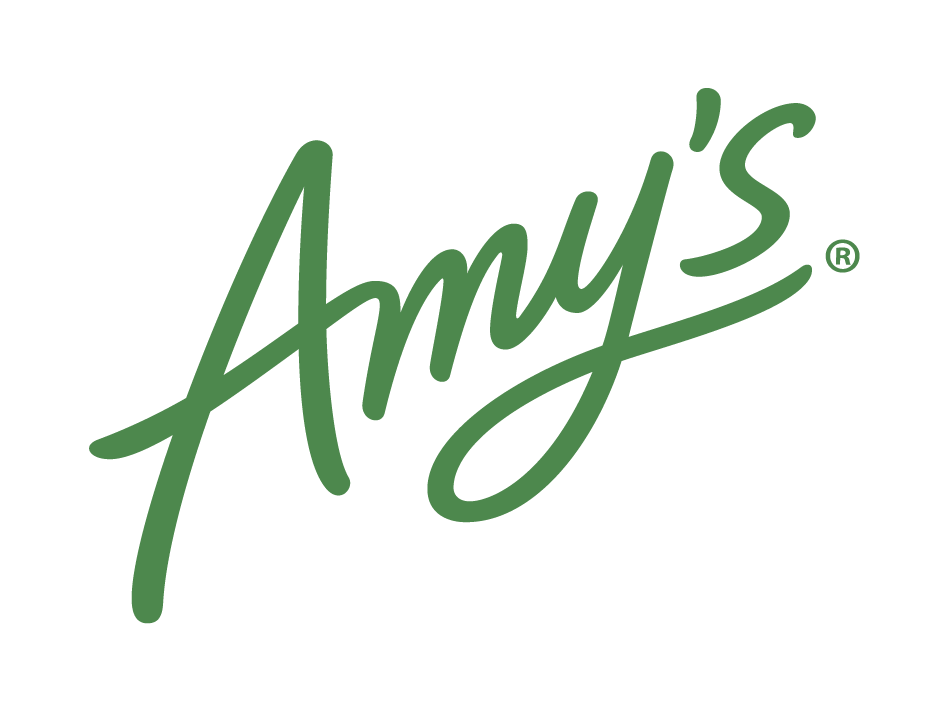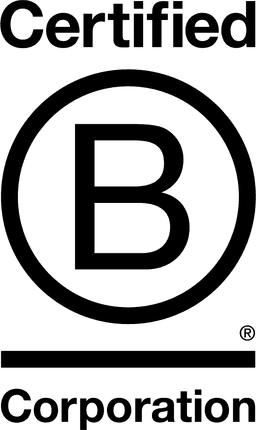

Amy's Kitchen

California, United States
September 2020
Food products
Manufacturing
Australia,
Canada,
France,
United Kingdom,
United States
Amy’s Kitchen is a family owned, proudly independent organic food company and Certified B Corporation® whose purpose is to make it easy and enjoyable for everyone to eat well. The company is committed to cooking authentic great tasting food with high quality, meticulously sourced organic ingredients and making them convenient for consumers. Today, Amy’s is the #1 natural/organic brand across key categories in U.S. retailers. The company offers a variety of organic frozen and packaged foods, and the company is proud to offer options across gluten free, vegan/plant-based, dairy free, lactose free, soy free, tree nut free, corn free, Kosher D, Kosher DE, and light in sodium categories. Amy's products are widely available in the U.S. as well as more than 28 other countries around the globe. To learn more, please visit amys.com. In 2015, the Berliners, the family behind Amy’s Kitchen, created Amy’s Drive Thru to meet growing demand for high-quality, quick-serve all-American comfort food. From burgers and fries to milkshakes, salads, and burritos, everything served at Amy’s Drive Thru is prepared to order using organic and non-GMO ingredients and can be tailored for variety of dietary restrictions and preferences, including vegan, non dairy and gluten free.
Overall B Impact Score
Governance 16.7
Governance evaluates a company's overall mission, engagement around its social/environmental impact, ethics, and transparency. This section also evaluates the ability of a company to protect their mission and formally consider stakeholders in decision making through their corporate structure (e.g. benefit corporation) or corporate governing documents.
What is this? A company with an Impact Business Model is intentionally designed to create a specific positive outcome for one of its stakeholders - such as workers, community, environment, or customers.
Workers 22.7
Workers evaluates a company’s contributions to its employees’ financial security, health & safety, wellness, career development, and engagement & satisfaction. In addition, this section recognizes business models designed to benefit workers, such as companies that are at least 40% owned by non-executive employees and those that have workforce development programs to support individuals with barriers to employment.
Community 22.8
Community evaluates a company’s engagement with and impact on the communities in which it operates, hires from, and sources from. Topics include diversity, equity & inclusion, economic impact, civic engagement, charitable giving, and supply chain management. In addition, this section recognizes business models that are designed to address specific community-oriented problems, such as poverty alleviation through fair trade sourcing or distribution via microenterprises, producer cooperative models, locally focused economic development, and formal charitable giving commitments.
Environment 41.5
Environment evaluates a company’s overall environmental management practices as well as its impact on the air, climate, water, land, and biodiversity. This includes the direct impact of a company’s operations and, when applicable its supply chain and distribution channels. This section also recognizes companies with environmentally innovative production processes and those that sell products or services that have a positive environmental impact. Some examples might include products and services that create renewable energy, reduce consumption or waste, conserve land or wildlife, provide less toxic alternatives to the market, or educate people about environmental problems.
What is this? A company with an Impact Business Model is intentionally designed to create a specific positive outcome for one of its stakeholders - such as workers, community, environment, or customers.
Customers 3.6
Customers evaluates a company’s stewardship of its customers through the quality of its products and services, ethical marketing, data privacy and security, and feedback channels. In addition, this section recognizes products or services that are designed to address a particular social problem for or through its customers, such as health or educational products, arts & media products, serving underserved customers/clients, and services that improve the social impact of other businesses or organizations.